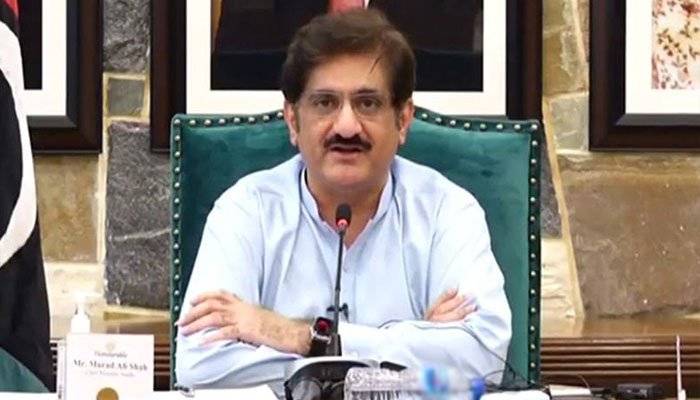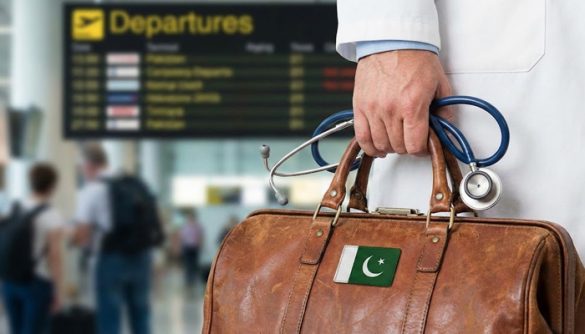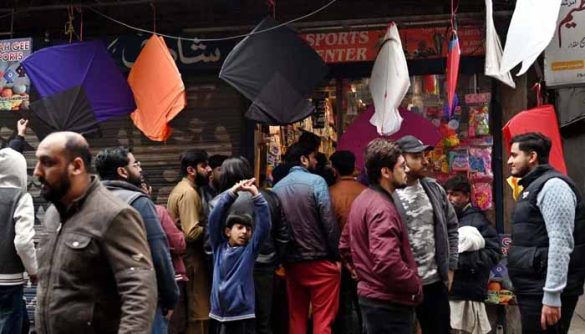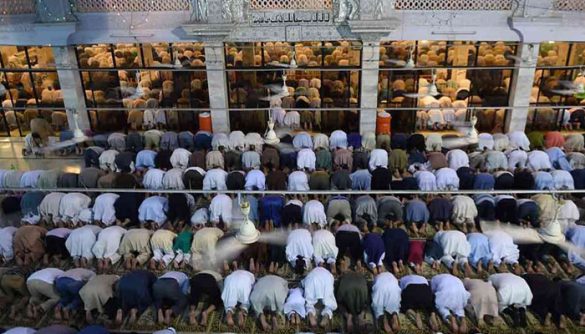Vaccination Before Deportation
KARACHI — Sindh Chief Minister Murad Ali Shah said on Sunday that Afghan children living in the province will be administered polio drops during the ongoing anti-polio campaign and will later be deported.
Speaking to reporters in Karachi, he emphasized that every child — regardless of nationality — must be immunized to prevent the spread of the virus. “Our campaign will not exclude Afghan children. They will receive the polio vaccine first, and only then will deportation procedures take place,” Shah said.
The statement comes as Pakistan continues one of the world’s longest-running battles against polio. The country remains among the few — alongside Afghanistan — where the virus is still endemic, despite decades of eradication efforts.
Rejecting Anti-Vaccine Propaganda
The chief minister strongly condemned the misinformation being spread about the polio vaccine, calling it baseless and harmful. He argued that false rumors have endangered children’s lives for years and must be stopped through awareness and community participation.
If there was any problem with the vaccine, Shah said, the late Asifa Bhutto — daughter of Shaheed Benazir Bhutto — would never have been given those drops. The propaganda against vaccination is unfounded and malicious.
He appealed to religious scholars, community leaders, and social influencers to actively participate in awareness campaigns. Their role, he said, is crucial in convincing hesitant parents to vaccinate their children.
Monitoring Refusals and Strengthening Outreach
Murad Ali Shah revealed that a special monitoring cell has been established at the Chief Minister’s House to track families who refuse to vaccinate their children. The data collected will help authorities contact those families and conduct voluntary awareness visits.
The purpose is not punishment, Shah explained. We want to reach out to parents, explain the importance of the vaccine, and protect every child in Sindh.
The Sindh government, with support from national health agencies and international partners such as UNICEF and the World Health Organization (WHO), continues to intensify its efforts to eradicate the virus.
Rising Cases a Cause for Concern
Pakistan reported nine new polio cases in Sindh this year, according to official health figures cited by the chief minister. The resurgence has alarmed health experts, who fear that population movement and vaccine refusals could reverse years of progress.
Shah described the situation as deeply concerning and a matter of embarrassment for the province. The virus is now confined to a few countries, yet we have not eliminated it completely, he said.
He stressed that weekly vaccination drives — including in high-risk areas such as Sohrab Goth — would continue with full force. We cannot afford to pause these efforts, he added. This is a battle we must win for our children’s future.
Polio Campaign to Continue Despite Border Tensions
Addressing questions about security and border concerns, Murad Ali Shah confirmed that Pakistani forces had responded to recent cross-border incidents from Afghanistan. However, he emphasized that such tensions would not disrupt health initiatives.
Even with the security challenges on our borders, he said, the anti-polio campaign will continue without interruption. This is a war against disease — and it must be won.
His remarks come amid rising regional tensions and ongoing deportations of undocumented Afghan nationals from Pakistan. Officials have said deportations will follow vaccination to ensure no unprotected child re-enters areas with active virus transmission.
Global and National Context
Pakistan and Afghanistan remain the last two countries where the wild poliovirus still circulates. According to the World Health Organization, Pakistan reported 6 cases of wild poliovirus in 2023, compared to 20 in Afghanistan.
Health authorities attribute recent setbacks to misinformation, mobility across porous borders, and refusal by some families to allow vaccination teams access to their homes. The Pakistani government, supported by global health partners, continues to expand community engagement and monitoring to counter these challenges.
A Call for Unity and Responsibility
Concluding his remarks, Chief Minister Shah said eradicating polio is not just a government responsibility but a collective national duty. He urged all political parties, religious groups, and media organizations to help promote accurate information and support vaccination teams.
Polio eradication is a fight for the dignity and safety of our children, he said. We cannot let misinformation or fear undo decades of progress.















